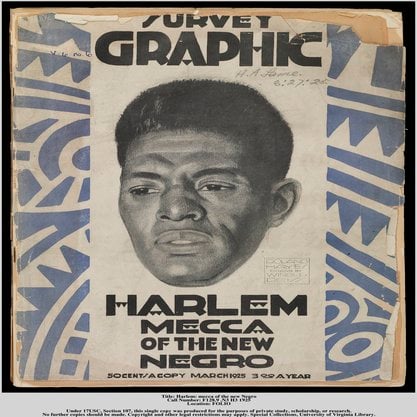Article
Carnap, Rudolf (1891–1970) By Elder, Bruce
Article
Rudolf Carnap was a German-American philosopher, and was widely regarded as one of most important of the 20th century. Politically engaged and inclined toward utopianism, Carnap was a leading member of the Vienna Circle and a staunch advocate of the unity of science thesis, which held that the various physical sciences—physics, astronomy, chemistry, and biology—could be unified into a single overarching theory. He worked across numerous fields, including the foundations of probability, modal theory, inductive logic, and semantics. His principal philosophical method was logical analysis, the final goal of which, he explained, is to analyze all assertions of science and everyday life alike, to identify the method of verification for each proposition. This method is grounded in the anti-metaphysical verificationist principle, according to which a statement is meaningful only if a method of verifying it is available. Carnap himself was well aware that his philosophy shared in the same spirit as modernist art. In his preface to Die Logische Aufbau der Welt (1928) Carnap claims that there is “an inner kinship” between the attitude on which his philosophical work is founded, “and the intellectual attitude which presently manifests itself in entirely different walks of life; we feel this orientation in artistic movements.”



